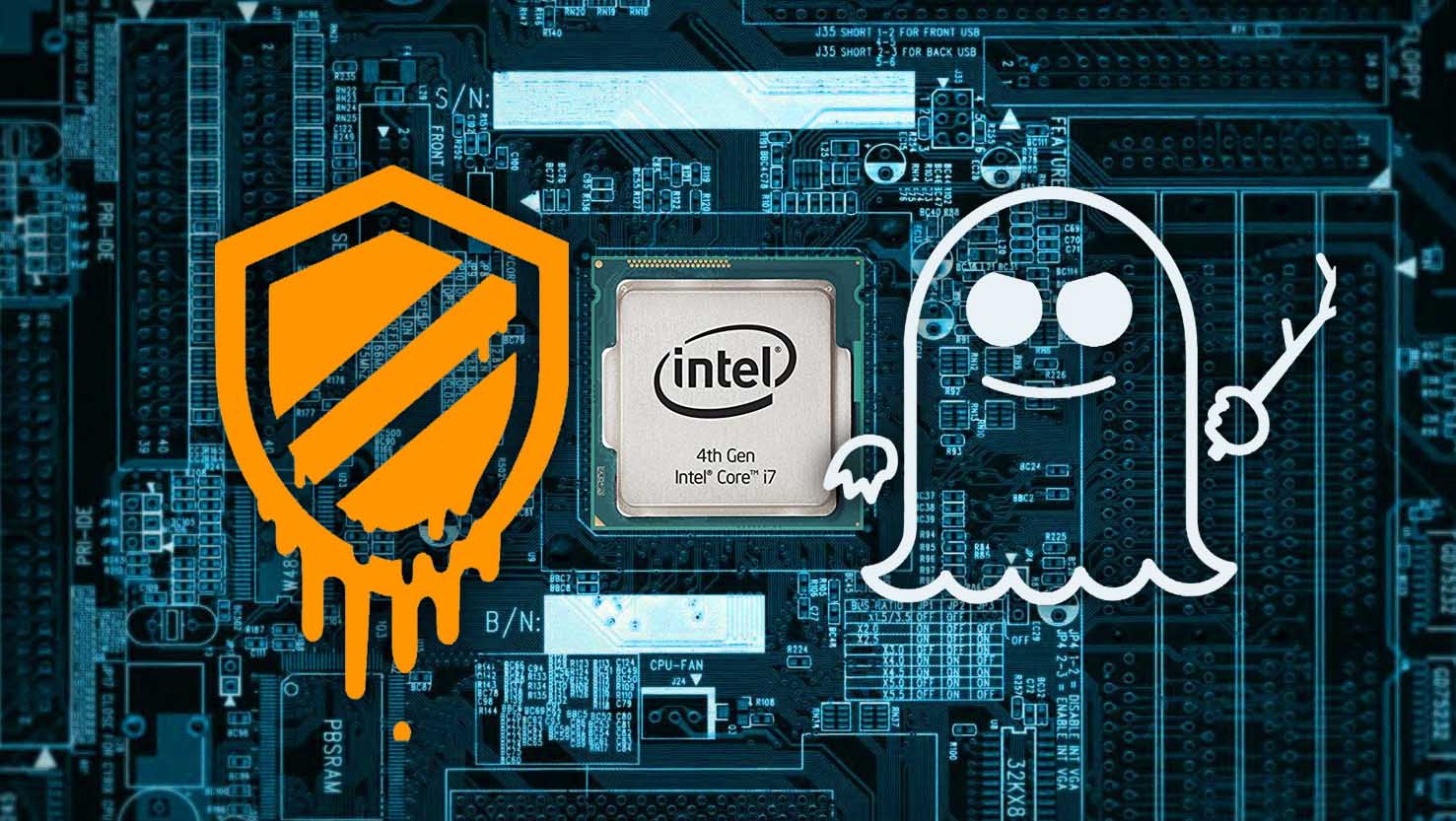Facepalm: Intel is attempting to block benchmarks and performance tests from being shared on Linux platforms through a change to the terms of use found in a microcode update.
Linux distribution Debian has rejected Intel's end-user license agreement for one of its recent microcode updates. There is a clause in the fine print that prevents "benchmark of comparison test results" from being published.
Update: Intel reached out during the afternoon to let us know they have updated their microcode licensing. Surely anything and everything related to the CPU flaws (Spectre, Foreshadow, etc.) is a very sensitive topic at Intel and they didn't take long to right a wrong. Here's what Intel's spokesperson had to say: "We have simplified the Intel license to make it easier to distribute CPU microcode updates and posted the new version https://bit.ly/2w9RjtM. As an active member of the open source community, we continue to welcome all feedback and thank the community."
Intel's new licensing agreement is quite brief and does not include any mention (and thus does not prohibit) "software benchmark or comparison test results," the way it intended previously.
Intel's update that is not yet implemented into Debian prevents malware from copying data from memory through the L1 Terminal Fault. Server CPUs received patches for this problem in July, while desktop CPUs have just recently received fixes.
According to Debian kernel driver engineer Henrique Holschuh, the operating system is ready for Intel's patch, but will not be receiving it because of Intel's new terms.
For enthusiasts, this new license by Intel is extremely troubling and downright unacceptable. There is absolutely no reason why Intel should have ever attempted to prevent benchmarks from being shared on Linux platforms or any other platform.
"You will not, and will not allow any third party to publish or provide any Materials benchmark or comparison test results."
Knowing that microcode patches have reduced performance of Intel CPUs to mitigate flaws such as Spectre and Meltdown, the new terms may even be an attempt to hide declining performance.
Users of Gentoo are now forced to accept Intel's new license before proceeding with updates. Red Hat, Arch, and SUSE have all complied with Intel's latest demands so that they can keep pushing out the latest patches to fill in the numerous security issues that have been discovered over the past year.
Hopefully Intel will have the brains to fix this ridiculous clause in its terms so that end users are free to use their own hardware as they please. Otherwise, there are plenty of red chips that can easily solve the problem for Linux users.
